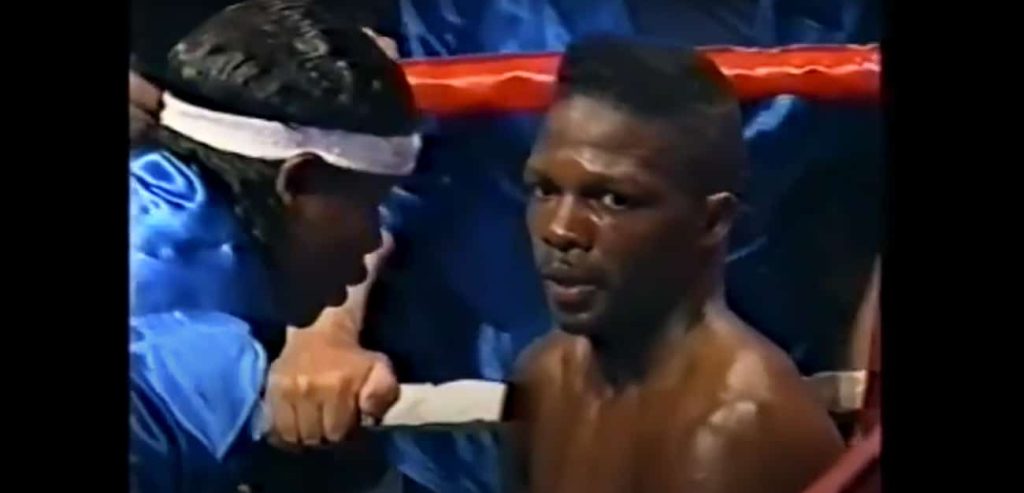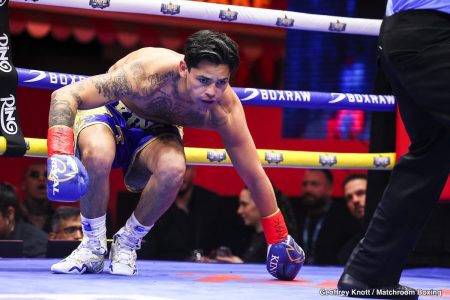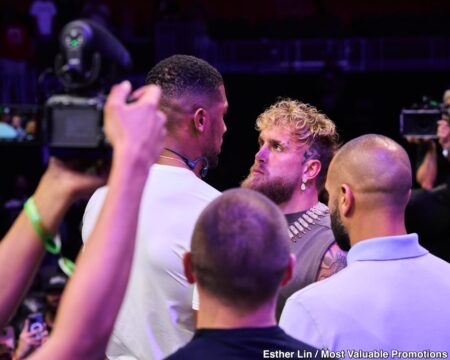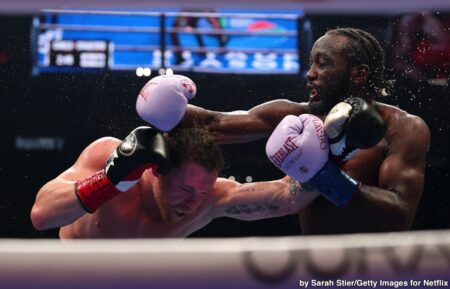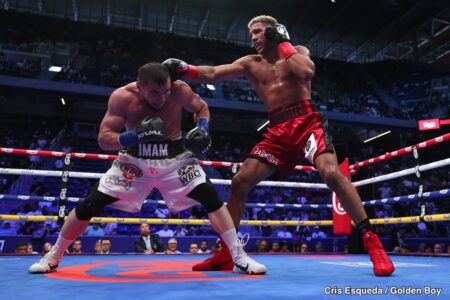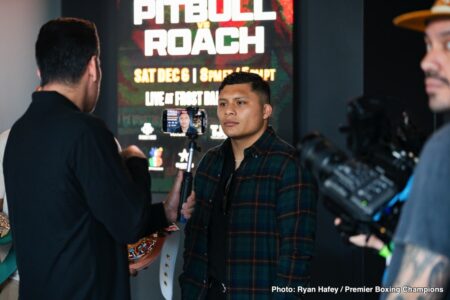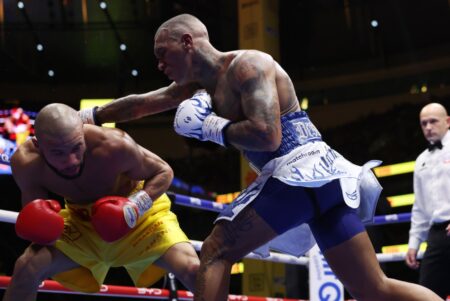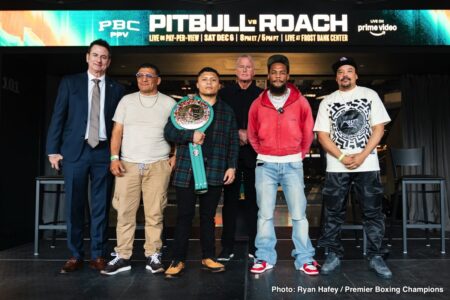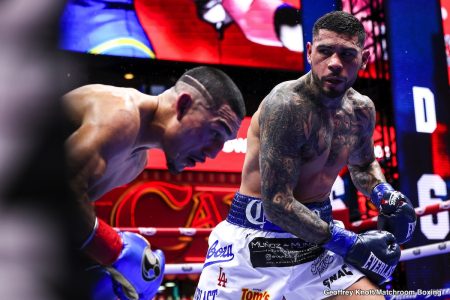The Decline of Champions: Calvin Grove
Calvin "Silky Smooth" Grove, a former IBF Featherweight champion, stands as a poignant reminder of the physical and mental toll that boxing can exact. Now a resident of the Phoenix Center in Phoenixville, PA, Grove’s condition is a stark contrast to his once-glorious career. Despite his appearance being relatively good, he has gained about forty pounds, and his memory of his past achievements is virtually non-existent. According to Claude Mangum, his former assistant trainer, Grove cannot even go to the restroom alone, for fear he might wander off and get lost, unaware of his surroundings.
Grove’s journey to the championship was a testament to his skill and determination. Early in his professional career, he trained under John Traitz and Mangum in Pottstown, PA, before moving to Texas under Josephine Abercrombie’s Houston Boxing Promotions. His breakthrough came in France, where he defeated Antonio ‘Tonito’ Rivera by stoppage in four rounds to win the IBF Featherweight championship. Grove successfully defended his title against Jorge Paez in Mexico, but his second defense ended in a loss. Despite this setback, Grove continued to excel, winning the IBF USBA Super Featherweight title in Moscow, Russia, and achieving several significant victories, including a stoppage of Jeff Fenech in Australia and a win over WBC Continental champion Pete Taliaferro in Mississippi.
The End of an Era: Grove’s Later Career
However, Grove’s career took a downturn in his later years. He lost to club fighter Bryant Paden at the legendary Blue Horizon in Philadelphia and was subsequently defeated in high-profile bouts against IBHOF inductees such as Angel ‘El Diablo’ Manfredy, Arturo ‘Thunder’ Gatti, and Kostya ‘Thunder from Down Under’ Tszyu. These losses, particularly the seven stoppages, took a significant toll on his health, leading to his memory issues by the time he retired in 1998. The contrast between his championship days and his current state is a somber reflection of the long-term impacts of boxing.
The Amateur Glory of Jimmy Clark
Jimmy Clark, another Coatesville, PA, native, also grapples with the consequences of his boxing career. In the amateur ranks, Clark was a formidable contender, facing and defeating or narrowly losing to several future world champions. In 1975, he lost to Michael Dokes for the AAU title and to John Tate in the Golden Gloves in 1976. However, he secured a victory over Russia’s Igor Vysotsky in a Russian-USA Dual Meet Competition and defeated future world champions Tony ‘TNT’ Tubbs and Greg Page for the National Golden Gloves title in 1977. His amateur career also saw a loss to Cuban legend Teofilo Stevenson in 1978, though he performed well in both Cuban and American arenas.
A Promising Pro Career Cut Short
Clark’s professional career began promisingly, with a record of 18-1 and 16 stoppages. His undefeated streak ended with a loss to Reggie Gross in nine rounds in Scranton, PA. The personal loss of his aunt two weeks before the fight weighed heavily on him, but he refused to withdraw. After two more wins, his career came to an abrupt halt with a no contest against Kimmuel Odum in 1989. Clark’s involvement with trainer Angelo Dundee added a prestigious name to his career, but it was his mental and emotional struggles that ultimately defined his journey.
Life After the Ring: Jimmy Clark’s Current State
Today, Clark resides in the Towne Manor East facility in Norristown, PA. Despite his diminished mental state, he retains vivid memories of his Philadelphia boxing roots. He frequently mentions past Philly fighters and particularly inquires about Duke Dugent, the former manager of the 23rd PAL in Philadelphia. During a second visit, bringing a picture of Dugent, myself, and Philly’s ‘Gypsy’ Joe Harris, Clark’s face lit up, highlighting the enduring importance of these connections.
A Common Struggle: The 13th Round
Both Calvin Grove and Jimmy Clark, residents from the same town of Coatesville, PA, are now in the 13th round of their lives, grappling with the physical and mental injuries they sustained in the ring. Their stories serve as a sobering reminder of the long-term effects of boxing and the need for better support and care for retired fighters. As they navigate the challenges of their current conditions, their legacies as champions continue to inspire and educate, underscoring the importance of addressing the health and welfare of athletes in high-impact sports.

